

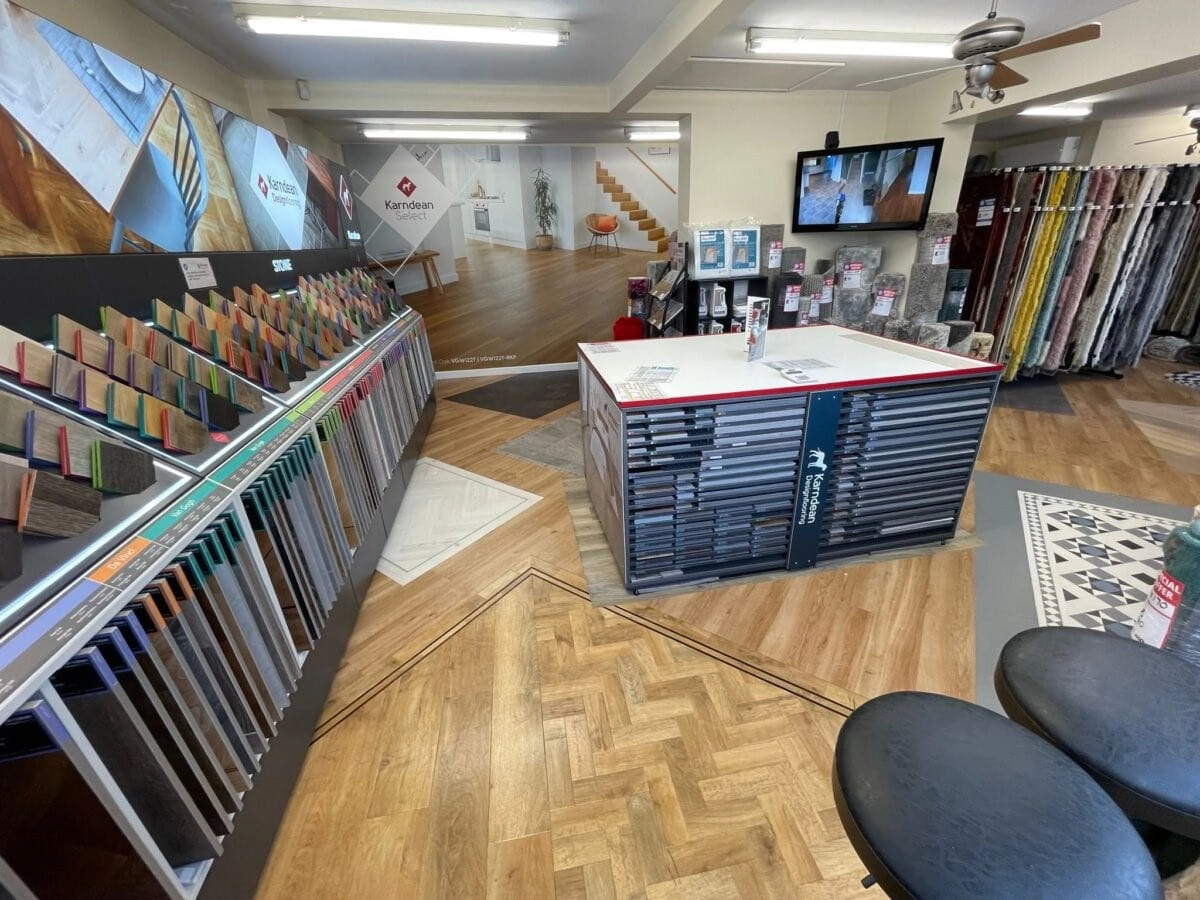




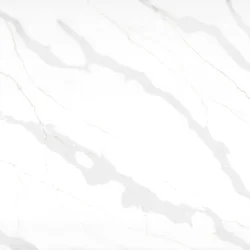


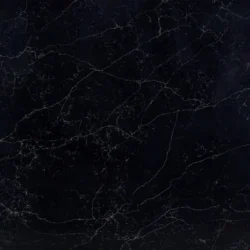
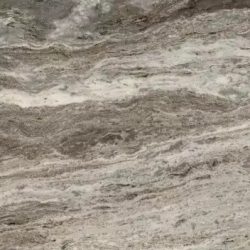
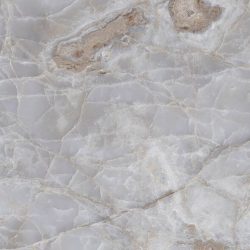
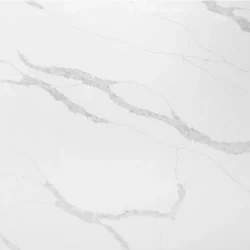




Promenade Park’s majestic twin towers are located in the heart of Thornhill. This beautiful edifice presents style, comfort and luxury. Tower B rises above the space to the 30th floor with presence and grace. With a space this fab, you’ll want to start hosting. From the amenities, suites, flamboyant lobby it will have you dreaming. As you cascade throughout the space your eyes will feast on the beautiful stone work
Westgate on Main Condominiums in Midtown Hamilton is having a moment. STYLE AND COMFORT SUITES with a touch of elegance. A grand two-storey lobby welcomes you, equipped with modern conveniences, elongated porcelain cladding walls. As you travel throughout this amazing Condominium, you will be graced with beautiful stone kitchen and vanity countertops all installed by Tec Corp Stone Inc. Westgate on Main Condominiums boasts a total of 7 floors with










